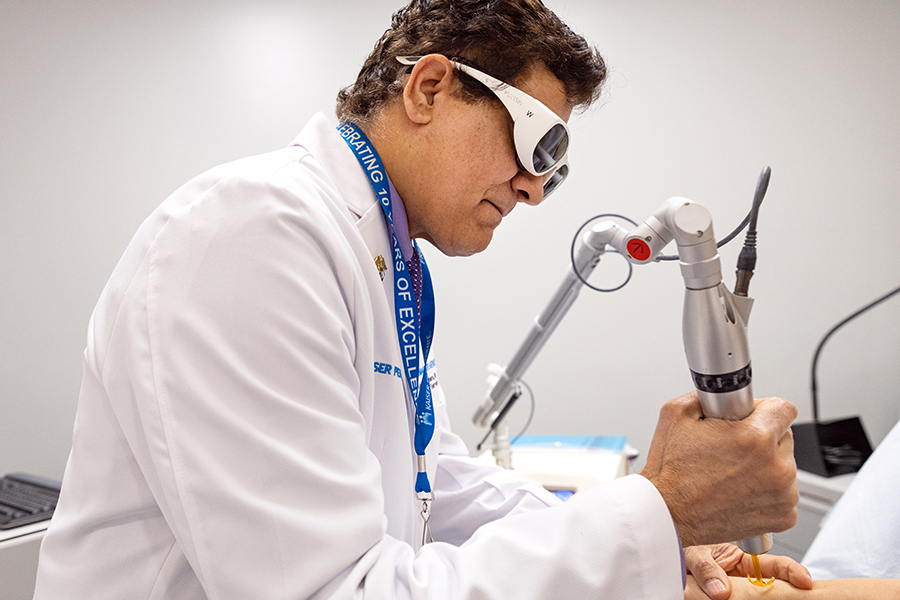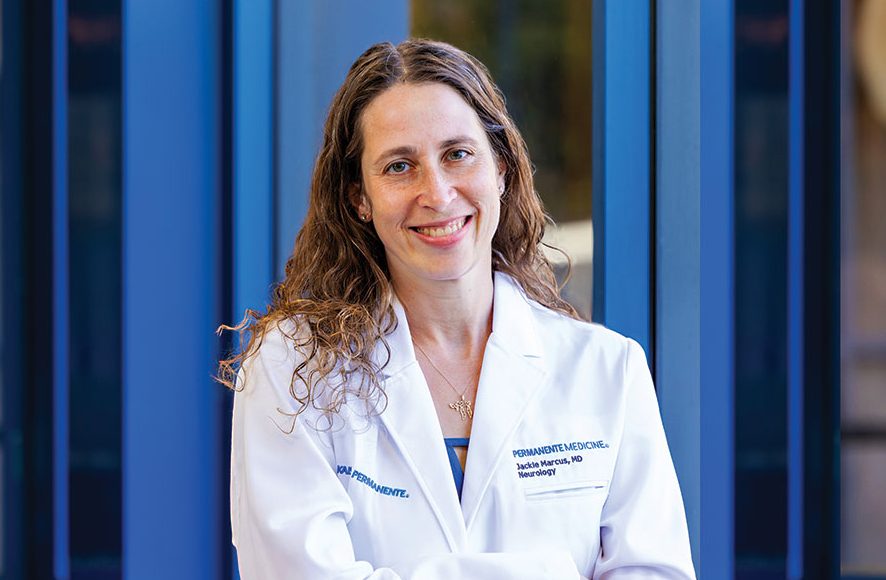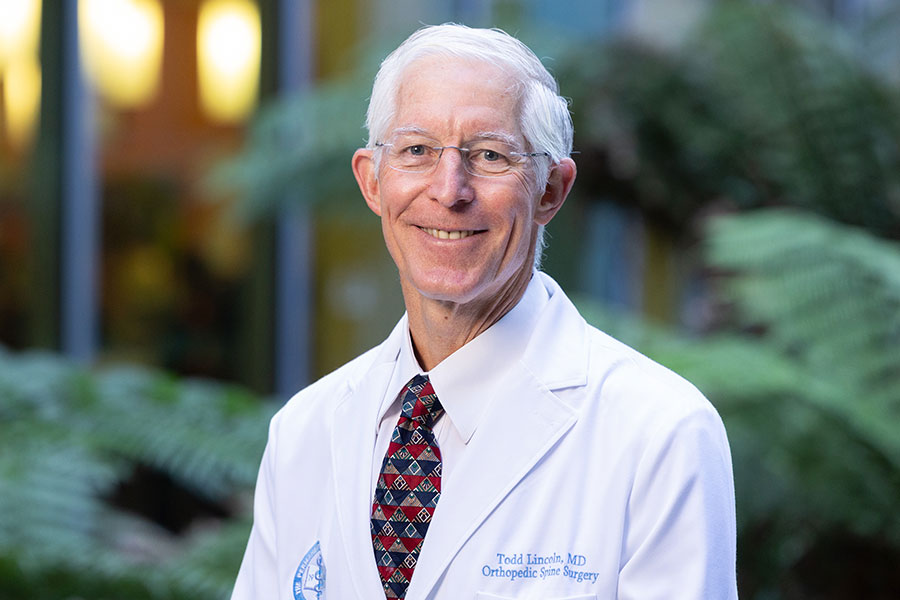March 17, 2021
Leo Hummer, a healthy 71-year-old, didn’t need a lot of extra care from Kaiser Permanente.
For the decade the Sonoma, California, resident had been a member, he would receive regular checkups followed by clean bills of health. “I liked how when I joined Kaiser Permanente I got caught up on everything — from my vaccinations to my screenings,” he said.
One of those regular touchpoints was the FIT kit Hummer received annually. The fecal immunochemical test kit is an at home test designed to screen average-risk adults between ages 50 and 75 for colon cancer.
Like thousands of Northern California members each year, Hummer received his FIT kit in the mail and returned a stool sample by post to Kaiser Permanente’s lab to screen for indicators of colorectal cancer.
But in October 2019 this routine task took a dramatic turn — and Hummer suddenly needed a lot of extra care from his doctors.
Surgeries quickly scheduled
Jeffrey Fox, MD, MPH, is chief of Gastroenterology at the Kaiser Permanente San Rafael Medical Center and chair of Gastroenterology for Kaiser Permanente Northern California’s medical group.
He received notice that Hummer’s FIT kit results were abnormal, requiring a colonoscopy.
The Kaiser Permanente team moved quickly. “Within a few days, we had Mr. Hummer in for a colonoscopy,” Dr. Fox said. “I removed polyps, or growths, including a larger one that tests indicated showed early stage cancer.”
Dr. Fox made the call to Hummer, who said he was shocked. “Like everyone, I suppose, I always thought I was invincible. There was no colon cancer history in my family.”
During a second procedure Dr. Fox marked the area where the cancerous growth had been and since healed in order to flag it for the surgery team coming after him.
By November, Hummer underwent the third leg of his procedures — a surgery performed by Carlos San Mateo, MD, at Kaiser Permanente San Rafael to check the polyp site and remove lymph nodes.
“I was really delighted with the caring and calming approach,” said Hummer, who joked that he has “white coat syndrome,” or a fear of medical procedures. “Everyone put me at ease.”
A clean bill of health
Mr. Hummer said it was a mere 6 weeks from the receipt of his FIT kit to the call after his surgery where he heard the joyful news that no cancer was left.
“They all went above the call of duty, and I was very impressed,” Hummer said of the entire care team, which in addition to doctors and nurses included a housekeeper with whom he enjoyed talking baseball during his hospital stay. “I really like the team mentality that I encountered.”
In January 2021 Mr. Hummer returned for a follow-up colonoscopy and received further good news that he continues to be cancer-free and he has 3 years until his next colonoscopy.
This winter Hummer also received his COVID-19 vaccination and celebrated his 71st birthday. Things are looking up.
These days he follows COVID-19 safety precautions to keep others safe. Hummer has recommitted to exercise by walking and riding his bike around Sonoma. “I always ate well, but I am paying even more attention now.”
Studies show there are ways to prevent colon cancer, including maintaining a healthy weight with a low fat, high fiber diet and exercise, not smoking, and decreasing alcohol consumption.
Dr. Fox pointed out that whether before, during, or after the pandemic, the FIT kit is an easy, essential screening tool.
“One of the most important lessons from Mr. Hummer’s case is that Kaiser Permanente excels at convenient care. The kit can be done at home, sent in by mail, and is invaluable in screening.”
This story originally appeared in MyKP.org






